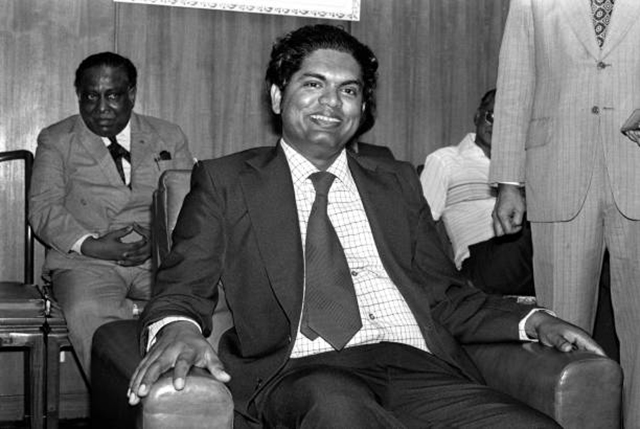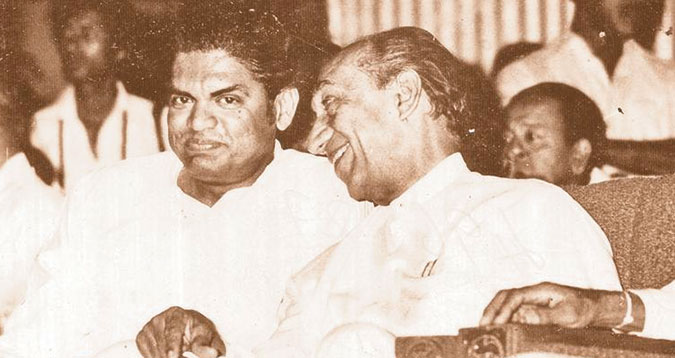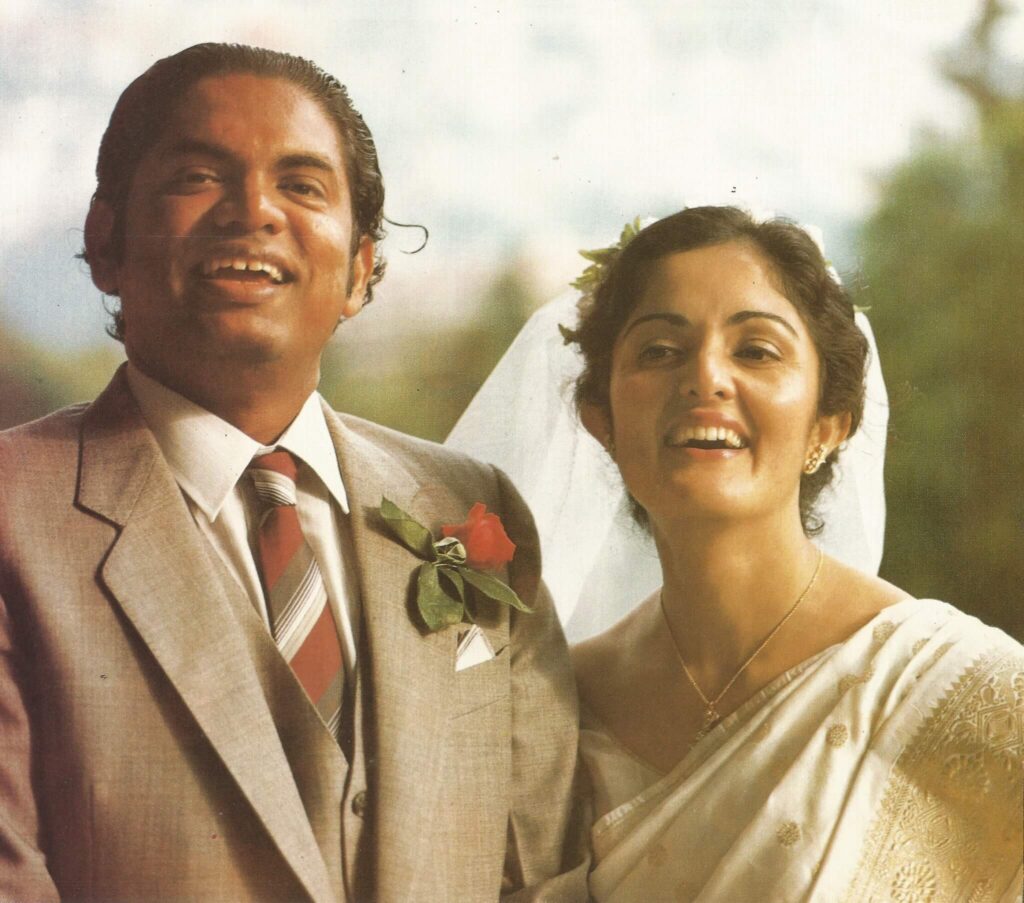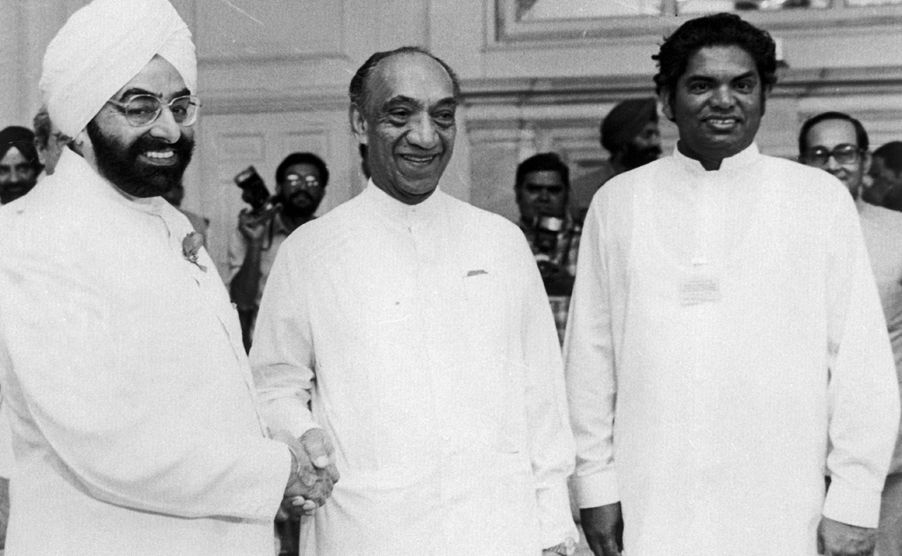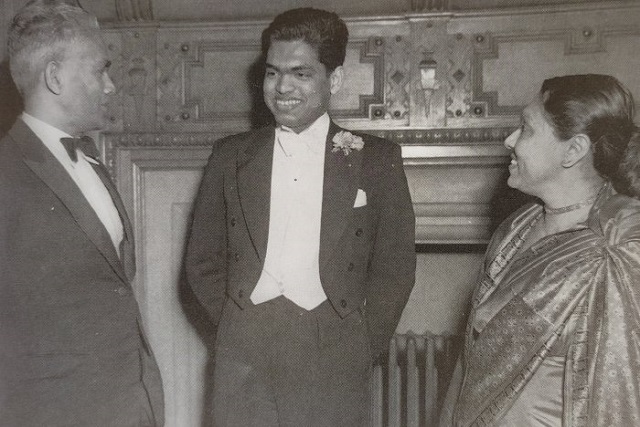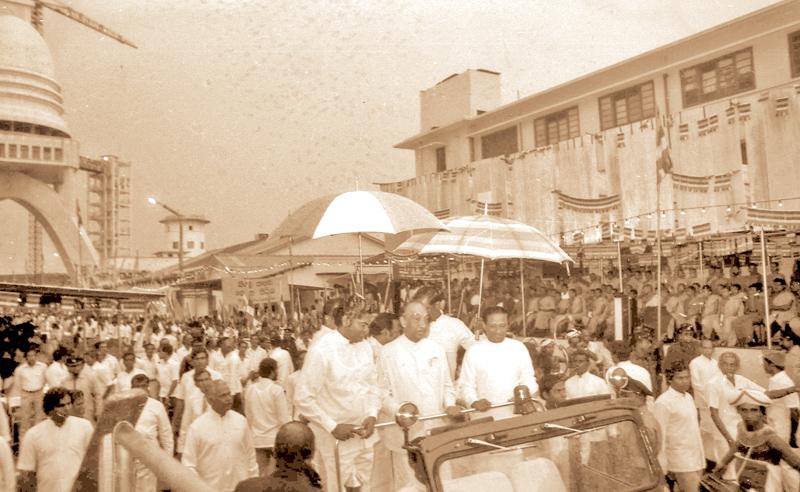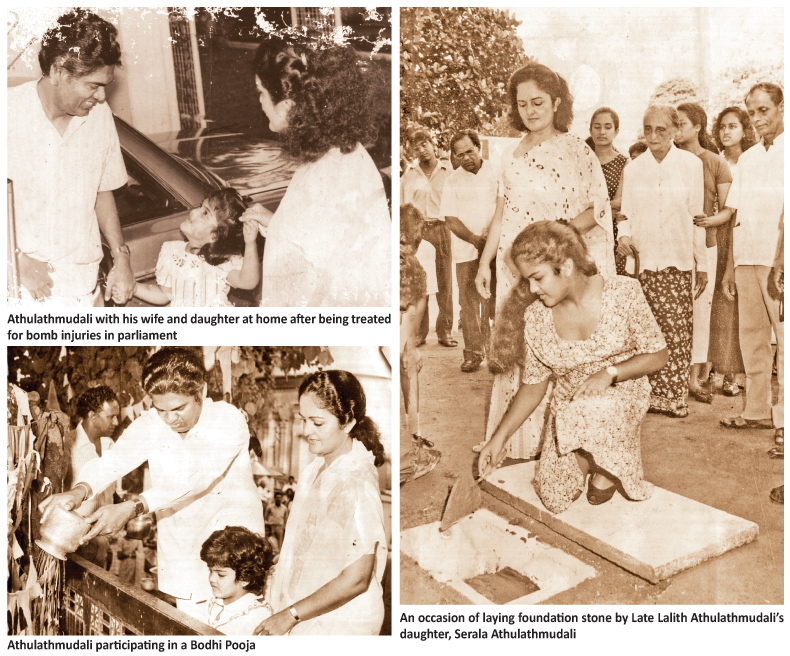Lalith William Samarasekera Athulathmudali, a name etched in the annals of Sri Lankan politics, stood as a towering figure in the country’s political landscape. Born on November 26, 1936, Athulathmudali’s journey traversed through academia, law, and ultimately into the realm of politics, where he left an indelible mark before meeting a tragic end on April 23, 1993.
Early Life and Education
Hailing from a family esteemed in legal circles, Athulathmudali’s upbringing was one steeped in intellect and academic pursuit. Educated at prestigious institutions such as St. John’s College Panadura and Royal College Colombo, he displayed early promise, excelling not only in academics but also in athletics. His academic journey then led him to the hallowed halls of Jesus College, Oxford, where he pursued jurisprudence, later furthering his studies at Harvard Law School.
Academic and Legal Career
Athulathmudali’s foray into academia and law was marked by distinction. From serving as a law lecturer at the University of Singapore to becoming the Associate Dean of its legal faculty, his expertise traversed borders, with stints at renowned institutions such as the Hebrew University in Israel and the University of Edinburgh. Returning to Sri Lanka, he embarked on a successful legal practice while also imparting his knowledge as a lecturer in jurisprudence at the Ceylon Law College.
Political Career
Athulathmudali’s political journey began in the 1970s, marked by his affiliation with the United National Party (UNP). His rise within the party ranks was swift, culminating in his election to Parliament in 1977. His tenure as Minister of Trade and Shipping saw the implementation of crucial reforms, including the establishment of the Sri Lanka Export Development Board and the Mahapola Trust Fund, aimed at bolstering education.
Appointed Minister of National Security and Deputy Minister of Defense in 1984, Athulathmudali spearheaded significant reforms in the armed forces, expanding and modernizing them in the face of internal conflict. However, his tenure was marred by controversy, including a grenade attack in 1987 that left him severely wounded.
Conflict and Tragedy
Athulathmudali’s rift with President Ranasinghe Premadasa, his erstwhile ally, marked a tumultuous chapter in Sri Lankan politics. Accused of involvement in the Burning of Jaffna library in 1981, Athulathmudali found himself at odds with Premadasa, leading to his expulsion from the UNP.
In the wake of his expulsion, Athulathmudali, along with Gamini Dissanayake, formed the Democratic United National Front, signaling a break from the UNP. However, tragedy struck on April 23, 1993, when Athulathmudali was assassinated after an election rally, plunging the nation into mourning.
Legacy
Despite the controversy and tragedy that marked his later years, Lalith Athulathmudali’s legacy endures as a beacon of statesmanship and intellect. His contributions to education, epitomized by the Mahapola Fund, continue to shape the lives of countless students. Memorials such as the Lalith Athulathmudali Auditorium and the prestigious Lalith Athulathmudali Memorial Prize serve as testaments to his enduring impact on Sri Lankan society.
In a nation fraught with political upheaval and strife, Athulathmudali’s memory stands as a reminder of the ideals of integrity, intellect, and service to the nation—a legacy that transcends the passage of time. Though his life was cut short by violence, his vision for a better Sri Lanka lives on in the hearts of those who continue to strive for progress and unity.

